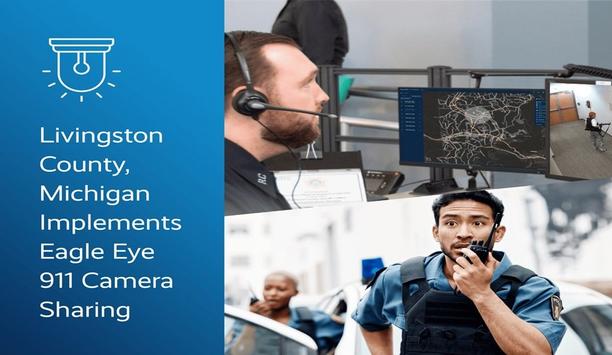 |
| Firetide network is integral part of mobile wireless solution designed for hazardous environments |
The team at the forefront relied on Extronics to supply networking solutions that can be deployed in hazardous areas where even the smallest electrical spark can literally have explosive consequences.
"As a network infrastructure provider, we've built our company philosophy around reliable performance as well as safety," said John Hartley, managing director of Extronics. "We are there to solve business problems with networking technologies, and in this case Firetide mesh was the only wireless solution that could deliver the throughput required for networking a facility spanning distances of nearly 1 mile."
The Milford Haven offsite operations facility is a critical component of the refinery's overall production process. The site manages the handling, storage and transfer of highly combustible materials at tank farms and terminals. More than 1,500 manual valves around the facility perform a wide variety of functions, many of which require exact positioning to ensure liquids are directed accurately and safely through a network of pipes.
Using a wireless solution, operators at Milford Haven employ mobile equipment such as rugged wireless Windows Mobile PDAs and RFID tags to immediately relay valve status information back to a central control room and view the status on a process mimic on the site's DCS (Distributed Control Process). The system also enables real-time work scheduling so operators can pick up a new route to work on and provide their status at the same time.
| The team at the forefront relied on Extronics to supply networking solutions that can be deployed in hazardous areas where even the smallest electrical spark can literally have explosive consequences |
Wireless is an obvious network infrastructure solution in hazardous environments because it reduces or entirely eliminates long trails of electrical cabling. Extronics chose Firetide, which develops advanced wireless mesh technologies for almost any environment, as the network delivery system for several reasons:
- Milford Haven's tank farm is more than 1000 yards away from the facility's control room network switches (A trench-and-cable network would prove far too costly at those distances).
- Regular wireless access points could have provided a solution to the cabling problem, but they lack the reliable network switching and routing intelligence of wireless mesh.
- Firetide wireless mesh nodes provide an extremely flexible growth path for future deployments.
"We always try to provide our clients with long-term, forward-thinking solutions," said Hartley. "Firetide mesh is Ethernet-based, which means down the road Milford Haven can easily add other IP-based devices, such as video surveillance cameras, to the network."
In total, Extronics deployed 15 Firetide wireless mesh nodes. Each node is housed in an Extronics 316L stainless steel explosion-proof enclosure along with protection electronics to allow the use of standard antennas. Thermostatically controlled anti-condensation heaters offered further protection against the hazardous area extreme environment.
"Firetide mesh nodes have demonstrated considerable success in a wide variety of diverse environments, with the Milford Haven deployment being an example of extremely dangerous conditions," said Bo Larsson, Chief Executive Officer of Firetide. "We are pleased in the confidence our customers exhibit not just in the core capabilities of our networking products, but that they can perform where safety is an extraordinary priority."

















